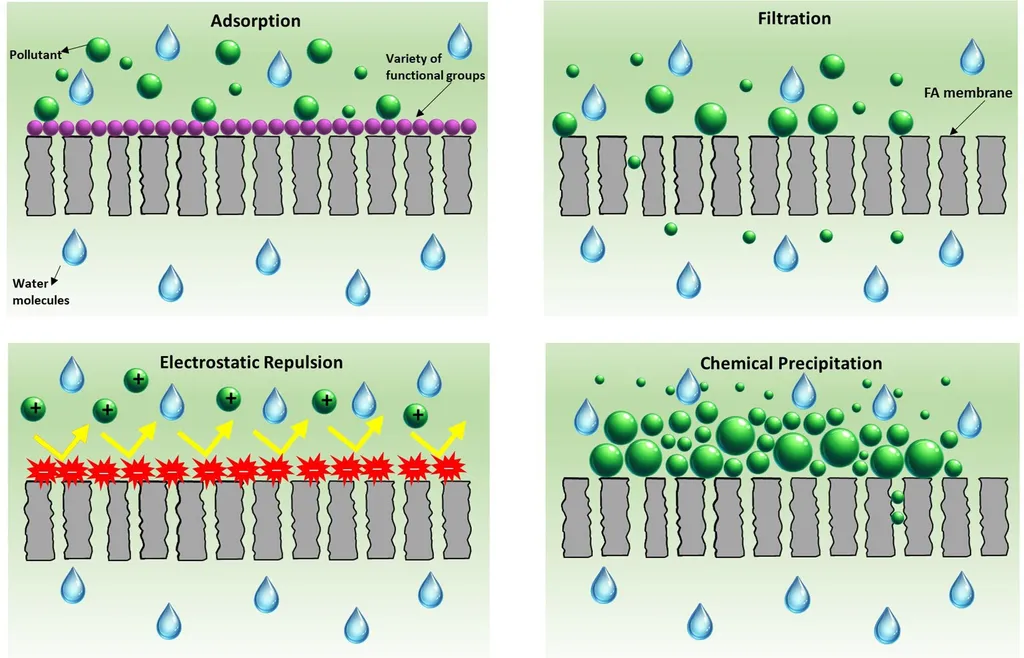In a groundbreaking study published in the journal *Cogent Engineering*, researchers have explored the potential of using high-calcium fly ash as a key component in firing materials, aiming to develop advanced thermal insulation solutions. The research, led by Sergey Korotaev from the Department of Buildings, Structures and Highways at National Research Mordovia State University in Saransk, Russia, delves into the challenges and opportunities of utilizing fly ash aggregates in conjunction with a sodium-calcium silicate binder.
The study focuses on the creation of artificial aggregates from fly ash, a byproduct of coal combustion, which is often underutilized despite its potential benefits. By combining these aggregates with a sodium-calcium silicate binder, the researchers aimed to produce a material suitable for high-temperature applications, particularly in thermal insulation.
During the experimental process, specimens were molded from the aggregate and binder, then fired at a maximum temperature of 760°C and held for 10 minutes. The results revealed shrinkage cracks up to 70 micrometers wide in the areas where the aggregate grains contacted the binder. According to Korotaev, “The occurrence of cracks is due to insufficient swelling of the binder during firing, which did not compensate for the shrinkage of the binder during the process.”
The interaction between the sodium silicate solution—a component of the binder—and the surface of the fly ash aggregate was identified as a critical factor. This interaction reduced the hydration of the suspension glass particles, leading to the observed shrinkage cracks. Korotaev emphasized the need for further research to find a suitable component to replace the sodium-calcium silicate glass powder, which could enhance the binder’s swelling during firing.
The implications of this research are significant for the energy sector, particularly in the development of advanced thermal insulation materials. Effective thermal insulation is crucial for reducing energy consumption in buildings and industrial processes, making this study highly relevant for commercial applications. As the world seeks sustainable and efficient energy solutions, innovations in material science, such as those explored by Korotaev and his team, could play a pivotal role.
The study, published in the journal *Cogent Engineering* (which translates to “Consistent Engineering”), highlights the potential of fly ash as a valuable resource in the construction industry. By addressing the challenges associated with its use, researchers can pave the way for more sustainable and cost-effective thermal insulation materials. This work not only advances scientific knowledge but also offers practical solutions that could shape the future of energy-efficient construction.
As the energy sector continues to evolve, the insights gained from this research could drive further innovations, ultimately contributing to a more sustainable and energy-efficient future. The study serves as a testament to the importance of interdisciplinary research in addressing global challenges and fostering technological advancements.

